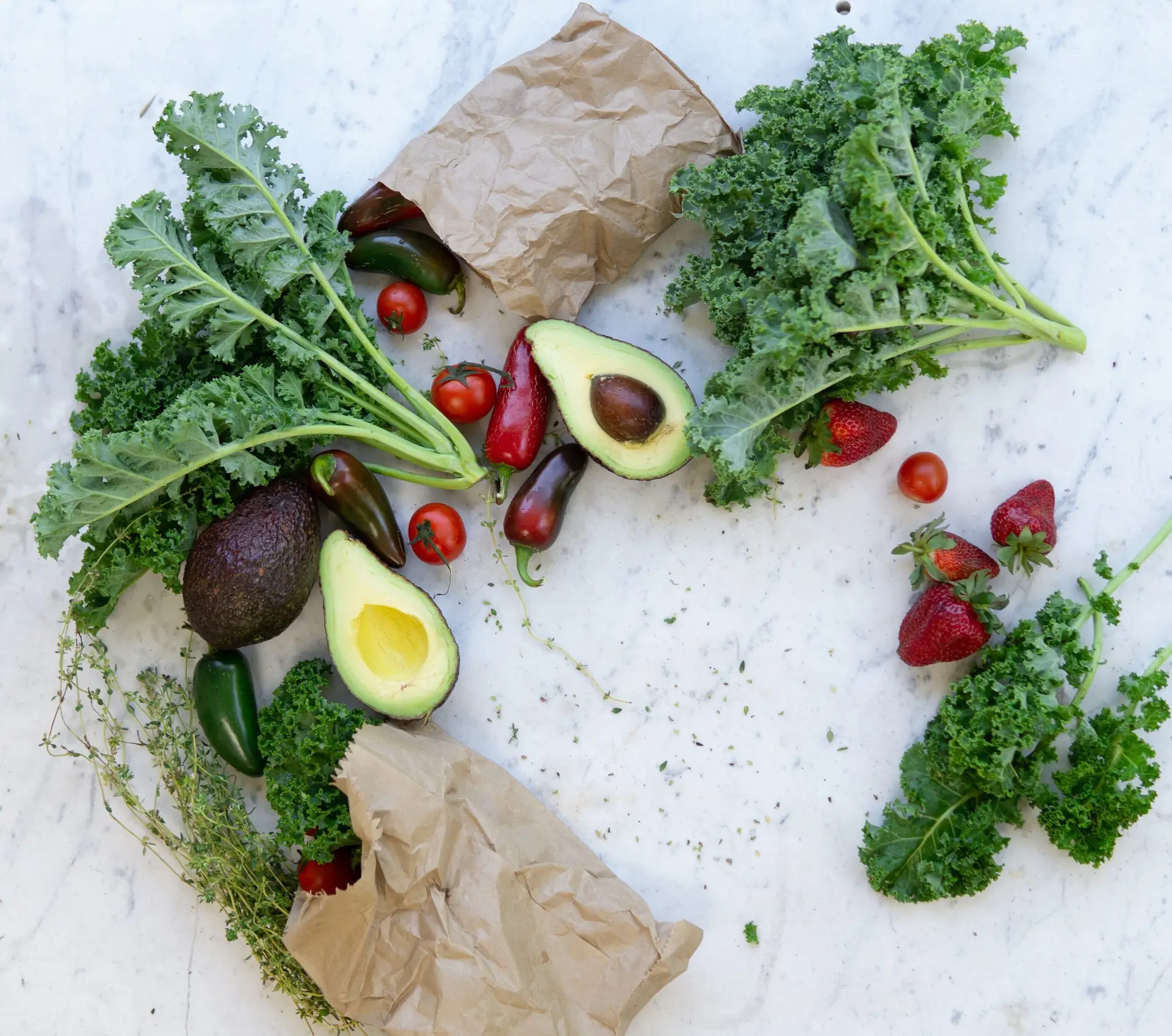During pregnancy, your developing baby places additional demands on your body not least when it comes to how and what you should be eating. Hence, nutrition is something you need to pay special attention to from the early stages of pregnancy. You want to be sure your body is in the best possible state to cater for your developing child and to aid a swift recovery after childbirth and in the first few weeks and months of your baby’s life. Sometimes the hormonal changes your body undergoes during pregnancy may cause your eating habits to change, and it is very beneficial to both the baby and your own wellbeing to pay extra attention to the quality and balance of the food you eat. Specific vitamins and minerals which are essential for your child’s development should be added, and you should endeavour to make them a regular part of your diet.
What Should You Be Eating During Pregnancy?
A balanced diet should become the focus for you during pregnancy – even more than it was previously. Also, when you consider that the food you eat is now needed to fuel both you and your developing baby, it’s important to pay even more attention to eating the most healthy and balanced intake you can . The following are some of the food constituents it’s recommended that you consume more of during pregnancy:
Proteins
Proteins are the building blocks of your baby’s tissues and organs; aim to consume healthy amounts of proteins, especially in the early stages of pregnancy. Proteins also aid increased blood supply to your baby, as well as being vital for the changes occurring in your uterus and breasts.
So, look for ways to balance your meals with bountiful supplies of lean meat, beans, fish, lentils, and nuts. Instead of ordering pizza or french fries, go for high protein foods that fit into your dietary preferences (plant-based, flexitarian etc.). It’s important to consider other nutrients like omega-3 fatty acids and choline when choosing your protein sources as these are vital to help your child’s eyes and brain development.
Carbohydrates
It is more important than ever that you consume sufficient amounts of (healthy!) calories each day. You can aim to make your calorie intake up to 350cal higher than usual. You need all the energy you can get to fuel your body to look after you and your growing baby. Sources of healthy carbohydrates include whole grains, brown rice, oats, and cereals. However loading up on unhealthy empty calories from processed foods or sodas will not do you or the baby any good.
Calcium
Pregnancy can cause a draw on and subsequent depletion of your own calcium levels as it is being used to help your baby’s bones and tissues develop healthily. It’s important to increase your calcium intake to help to supplement your own calcium levels which will also help protect the health of your own teeth and bones and keep your blood pressure in check. Dairy products, seafood, and dark-green veggies are your surest calcium sources.
Iron
You and your baby need a rich supply of oxygenated blood to stay healthy. Iron is one nutrient that ensures that oxygen can be effectively taken up in the blood. With the increased blood volume resulting from pregnancy it’s vital to increase your iron intake. So, consume loads of dark-green veggies, enriched cereals, poultry, and citrus fruits. Often this is an area that supplements might be required also (on medical advice).
Folate
Folic acid is an essential mineral for foetal development. It dramatically reduces the risk of brain and spinal cord defects in babies. These defects are known as neural tube disorders and can cause various disabilities in children. Eggs, nuts, liver, lentils, and dark-green veggies are a rich
source of folic acid. It can also be found in enriched products like certain bread and milks. It is advised that folic acid intake be increased pre-conception and during early pregnancy.
Vitamins
Your body also needs an abundance of the vitamins that aid the absorption of some other micro and macronutrients. Include large portions of fruits and vegetables in your diet every day. Salads and smoothies can also help you enjoy a variety of fruits and vegetables. And try to ‘eat the rainbow’ as by eating various coloured fruits and vegetables you are very likely to get all the vitamins you need.
Fluids
Consuming enough fluid during pregnancy helps optimise your wellbeing. Try to increase your current fluid intake with water and fresh juices, and don’t hesitate to go for soups if that’s preferable.
Cravings, Aversions, and Pica
The hormonal changes you undergo during pregnancy can often take a toll on your appetite. You may begin to crave certain foods and also develop an aversion to some other types of food. Try to control your cravings if they are for junk foods with little or no nutritive value. However, if your unique cravings are for healthy foods – which should already be included in your diet – it is okay to indulge.
In some rare cases, pregnant women develop cravings for inedible or zero-nutrition substances. They may want to consume items like ice, sand, cigarette ashes, chalk, and paint. If this is your case, consult your obstetrician as soon as possible to avoid harming yourself and your baby.
Foods to Avoid During Pregnancy
There are certain foods and substances you need to avoid as an expectant mother. These foods can either pose a risk to your health or expose your baby to some developmental conditions.
They include but aren’t limited to:
• Uncooked or improperly cooked meats.
• Unpasteurized dairy foods.
• Excessive amounts of caffeinated products.
